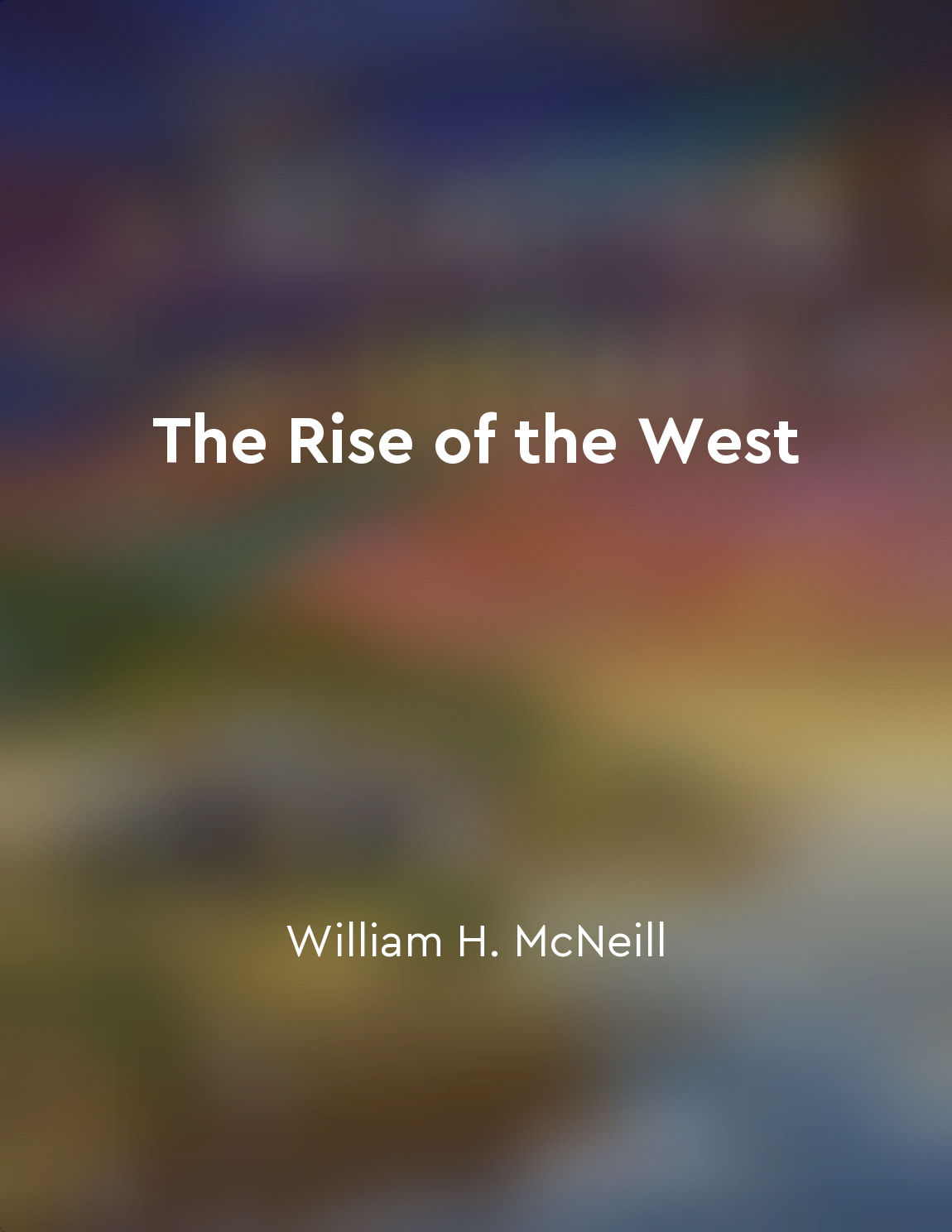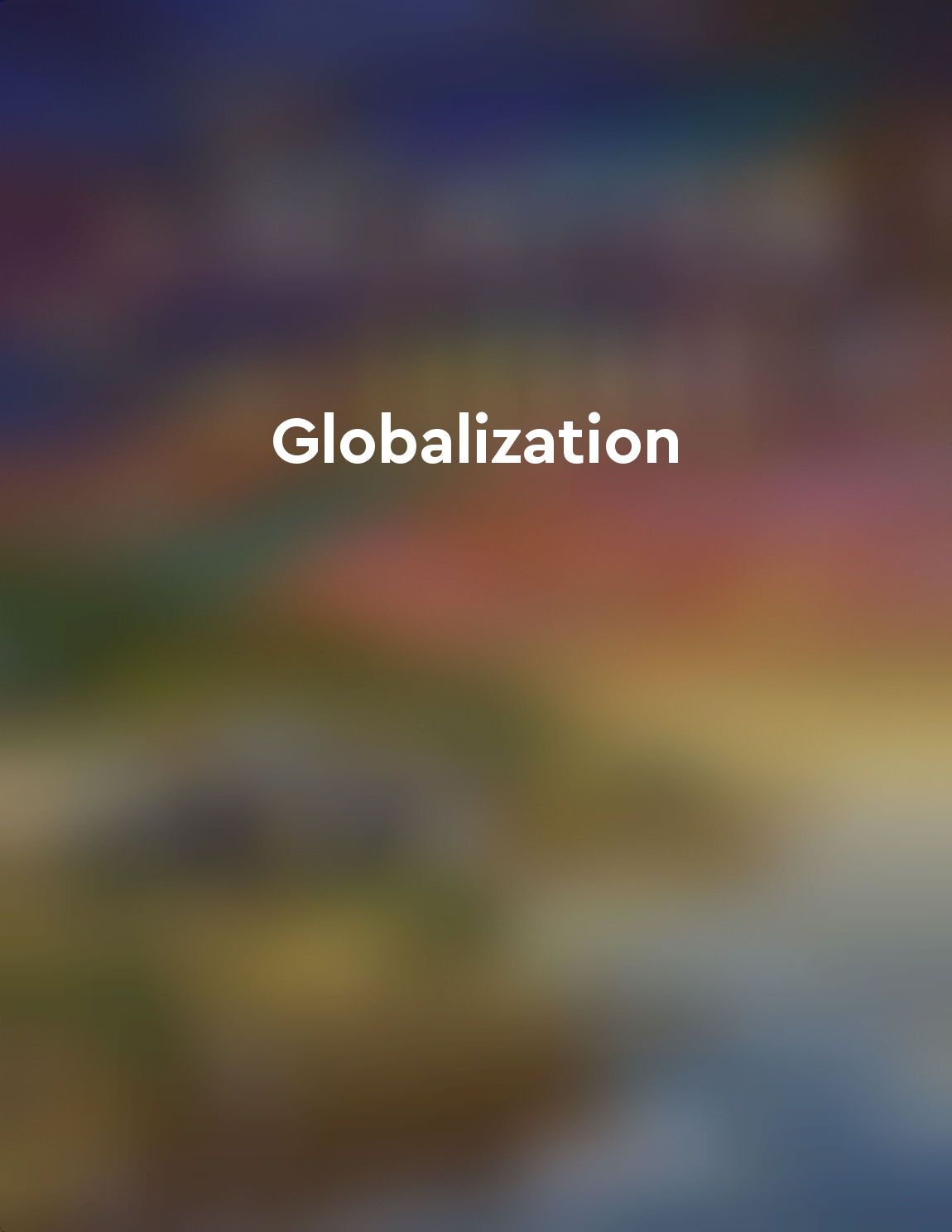Globalization impacts political systems from "summary" of The Origins of Political Order by Francis Fukuyama
Globalization has had a profound impact on political systems around the world. The interconnectedness brought about by technological advancements and increased economic integration has resulted in a level of interdependence among nations that was previously unimaginable. This interconnectedness has not only facilitated the spread of ideas and information but has also created new challenges for political leaders seeking to govern effectively in this rapidly changing landscape. One aspect of globalization that has had a significant impact on political systems is the increased mobility of people and capital. The ease with which individuals and businesses can now move across borders has made it more difficult for governments to regulate their activities within their own territories. This has led to a shift in power away from traditional nation-states towards supranational organizations and transnational corporations that operate on a global scale. Furthermore, the spread of democracy and human rights norms that often accompanies globalization has put pressure on authoritarian regimes to reform or risk being left behind. The rise of social media and other forms of digital communication has made it easier for citizens to organize and mobilize against repressive governments, as seen in the Arab Spring uprisings in the early 2010s. At the same time, globalization has also led to a backlash against liberal democracy in some parts of the world. Economic inequality and cultural dislocation resulting from increased trade and migration have fueled nationalist and populist movements that seek to protect traditional identities and values. These movements often espouse anti-globalization rhetoric and advocate for greater state control over economic and social affairs.- Globalization has fundamentally altered the political landscape by increasing interconnectedness among nations and challenging traditional notions of sovereignty and governance. While it has opened up new opportunities for cooperation and exchange, it has also created new challenges for political leaders seeking to navigate this complex and rapidly changing environment. As the forces of globalization continue to shape our world, political systems will need to adapt in order to meet the demands of an increasingly interconnected and interdependent global society.
Similar Posts
Justification of political power
The justification of political power lies at the heart of political philosophy. It is the fundamental question that underpins t...
French Revolution ushers in era of mass politics
The French Revolution marked a turning point in the history of political development. Prior to this event, politics was largely...

Global interconnectedness impacts societal development
The interconnectedness of global societies has played a crucial role in shaping the development of civilizations throughout his...

Labor outsourcing
Labor outsourcing is a practice where companies hire external workers to perform tasks that were traditionally carried out by t...
The 2020s will be marked by intense upheaval
The 2020s will be a decade of significant disruption and change. This period will be characterized by intense upheaval across v...

Political implications
The political implications of globalization are vast and far-reaching. Globalization has transformed the political landscape by...
Resilience
The idea of resilience is central to the stories in "The Unwinding." It is a quality that the characters possess, sometimes wit...

